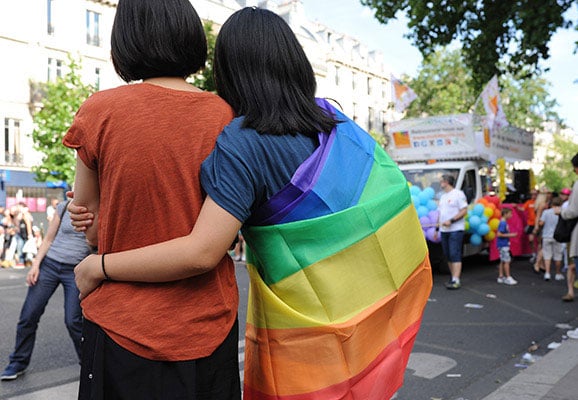LGBTI Civil Society Organizations Around the Globe
Global Trends in NGO Law, Volume 7, Issue 2 (May 2016)
Despite a number of historic legal successes in recent years, organizations advocating for the rights of lesbian, gay, bisexual, transgender, and intersex (LGBTI) individuals continue to face monumental challenges in their attempts to exercise their fundamental rights to assemble, associate and express themselves. Such challenges are particularly formidable when they come in the form of legislation, regulations and official policy prescriptions, many of which continue not only to prevent LGBTI individuals from achieving full equality, but also prevent civil society organizations (CSOs) from advocating on their behalf.
In May 2015, two hundred civil society activists from around the world gathered at the International Center for Not-for-Profit Law’s (ICNL) Global Forum in Stockholm, Sweden to focus on ways to improve the legal environment for civil society activists and organizations of all varieties around the globe. One session at the Global Forum specifically focused on the recent wave of legal constraints aimed at restricting the ability of organizations and activists involved in LGBTI advocacy to fully exercise their internationally guaranteed rights to associate, peacefully assemble and express their opinions. One of the group’s primary objectives was to identify successful strategies used to protect civic space for LGBTI groups to operate and flourish in hopes that similar tactics could be applied in other contexts where such space is currently lacking or under attack.
The group’s discussions reflected a shared appreciation for the complexities and idiosyncrasies of national context, and an understanding that what works in one country, or even one city, may fail in another. Participants were also sensitive to the fact that many successes in the field of LGBTI equality come from countries that are considered Westernized. However, since many governments around the world use the same or similar type s of legal methods to restrict the rights of LGBTI organizations and activists, the group determined that it would nevertheless be instructive to look at examples where these same restrictions have been successfully challenged regardless of national context.
In this issue of Global Trends, we spotlight some of the legal challenges to the rights of association, assembly and expression faced by CSOs that advocate on behalf of the LGBTI community. After examining specific examples of key challenges, we highlight some of the legal successes achieved by LGBTI organizations, including the repeal of restrictive laws and the judicial reversals of decisions against LGBTI organizations. We conclude by briefly discussing some specific advocacy strategies used by CSOs with success, and the key lessons learned as a result of the fruitful dialogue among the Global Forum participants.
